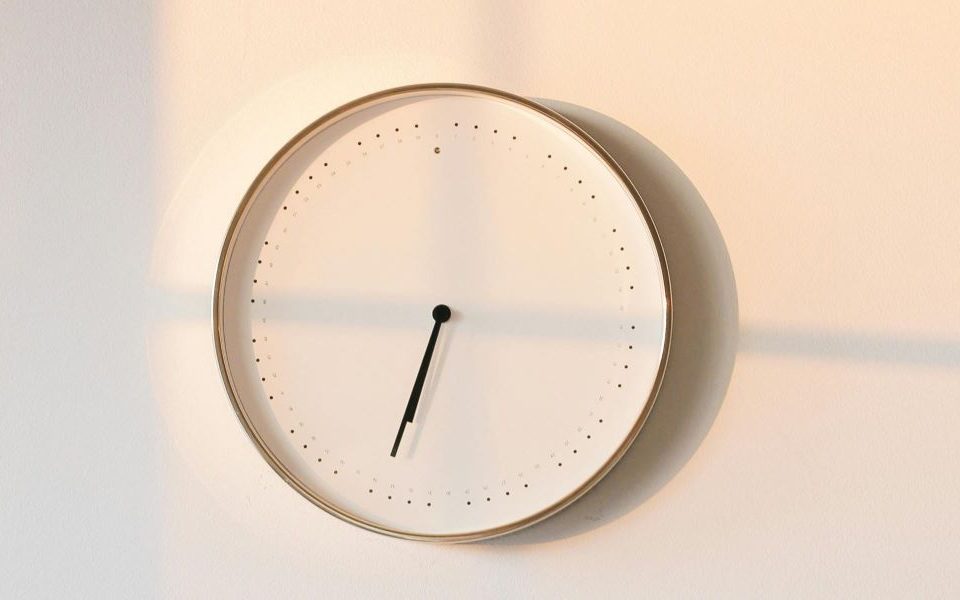
Dealing with Rumination
June 18, 2021
Understanding Chronotype
July 16, 2021A late-night snack might sound like a good idea until you find that you’re unable to sleep well into the early hours of the morning. Food and sleep are things we all need to survive, but is there a correlation between the two? Studies show that your eating habits can affect your sleeping habits, and that when and what you eat can have a significant impact on your ability to fall asleep. Our circadian rhythm is the internal clock that regulates our cycle between being awake and being asleep. Eating late into the night can cause a disturbance in your circadian rhythm which can impact your sleep schedule for an extended period.
Late-night eating is not only bad for your sleep schedule, but it can also cause obesity. Meals consumed late at night have more glucose and insulin levels than the equivalent meal consumed in the morning. Obesity can also lead to a poor sleeping schedule and habits. The food we consume not only affects the way we look and feel but the way we rest as well. Studies have shown that sleep can lead to a decrease in your digestive functions, therefore impeding your ability to fall into a deep sleep at night. If you consume a lot of heavy foods close to your bedtime you might experience discomfort throughout the night which can disrupt your circadian rhythm, causing you to be awake when you should be asleep. The types of food you consume before bedtime can impact your ability to fall asleep, meals with proteins and saturated fats digest slowly whereas meals with starch and sugar forms of simple carbohydrates are easily digestible. Sometimes due to circumstances such as working late shifts, we have no option but to eat late into the night right before we sleep but if we can try to eat easily digestible foods we can avoid disrupting our sleep.
Another way to ensure we have healthy eating and sleeping habits is to maintain a schedule that corresponds with our natural circadian rhythm. Our bodies are programmed to respond to sunlight and darkness; therefore, you should ideally have your last meal of the day when it is still light outside and fast throughout the night when it’s dark outside. Breakfast implies in the name “breaking” your “fast,” thus meaning you should be fasting from your last meal the day before; it is recommended that you stop eating 12 hours before breakfast so you can break your fast in the morning. We often hear that breakfast is the most important meal of the day, but according to studies, it is. Breakfast should be your biggest meal of the day full of nutritional sources such as carbs and proteins so your body can be energized and have sufficient time to digest the meal before bedtime.
Just remember, it’s natural to slip up every once in a while when it comes to our eating habits, but being mindful of what we eat and when can have a positive impact on our ability to sleep and be well-rested. If you feel you’re struggling with maintaining a healthy eating and sleeping schedule, feel free to reach out for a consultation to learn about how to have a better relationship with food and sleep!




